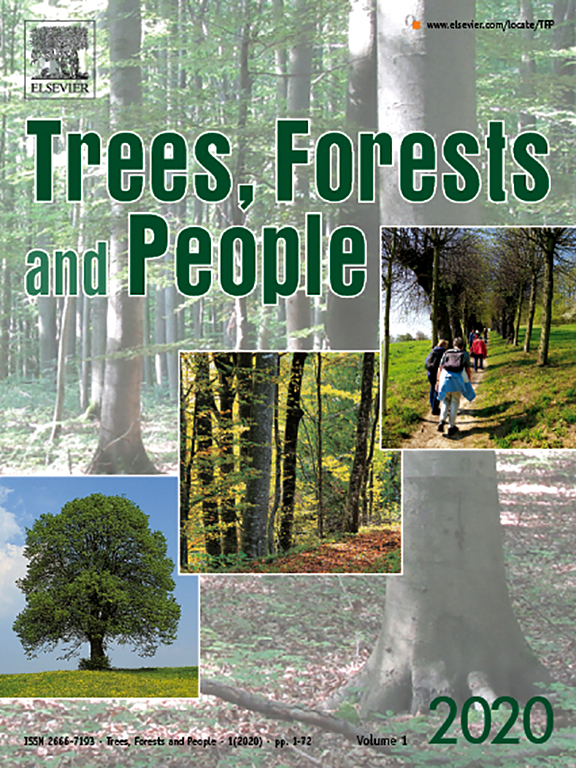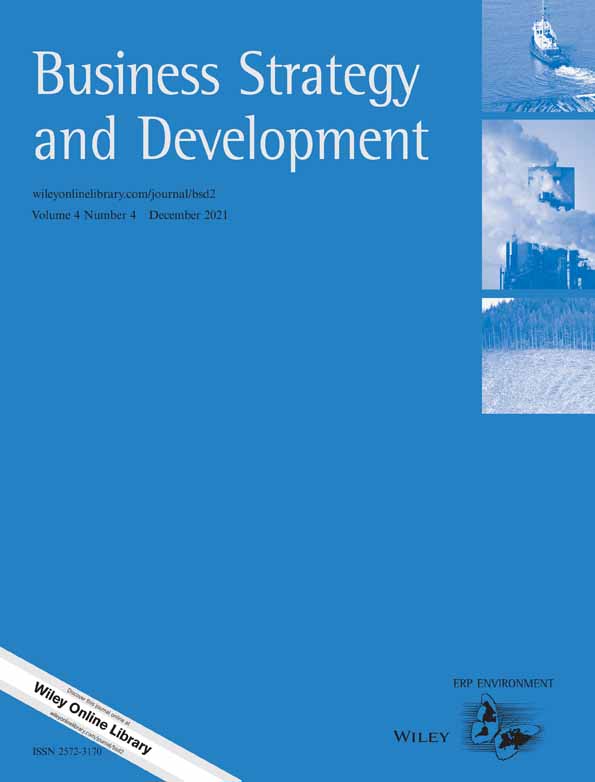For decades, governments, donors, and practitioners have promoted market-based development approaches (MBDA), most recently in the form of value chain development (VCD), to spur economic growth and reduce poverty. Changes in approaches have been shaped by funders, practitioners and researchers in ways that are incompletely appreciated. We address the following questions: (1) how have researchers and practitioners shaped discussions on MBDA?; and (2) how has research stimulated practice, and how has practice informed research? We hypothesize that stronger exchange between researchers and practitioners increases the relevance and impact of value chain research and development. We adopt Downs' (1972) concept of issue-attention cycles, which posits that attention to a particular issue follows a pattern where, first, excitement builds over potential solutions; followed by disenchantment as the inherent complexity, trade-offs, and resources required to solve it become apparent; and consequently attention moves on to a new issue. We review the literature on MBDA to see how far this framing applies. We identify five cycles of approaches to market-based development over the last 40 or more years: (1) non-traditional agricultural exports; (2) small and medium enterprise development; (3) value chains with a globalization perspective; (4) value chains with an agri-business perspective; and (5) value chain development. The shaping and sequencing of these cycles reflect researchers' tendency to analyse and criticize MBDA, while providing limited guidance on workable improvements; practitioners' reluctance to engage in critical reflection on their programmes; and an institutional and funding environment that encourages new approaches. Future MBDA will benefit from stronger engagement between researchers, practitioners, and funders. Before shifting attention to new concepts and approaches, achievements and failures in previous cycles need to be scrutinized. Evidence-based practice should extend for the length of the issue-attention cycle; preferably it should arrest the cycling of attention. Funders can help by requiring grantees to critically reflect on past action, by providing “safe spaces” for sharing such reflections, and by engaging in joint learning with practitioners and researchers.
DOI:
https://doi.org/10.1111/dpr.12703
Score Altmetric:
Dimensions Nombre de citations:



















